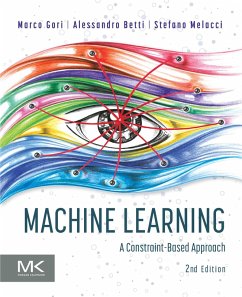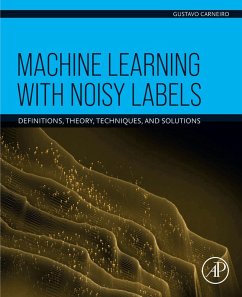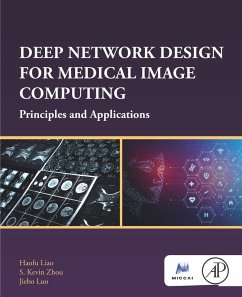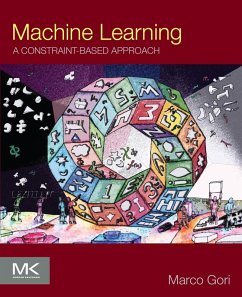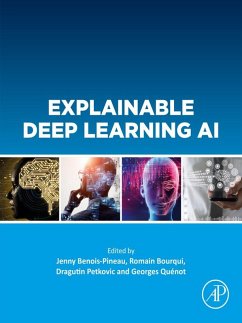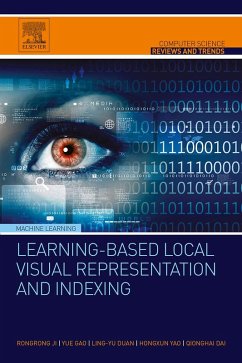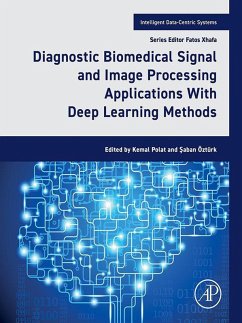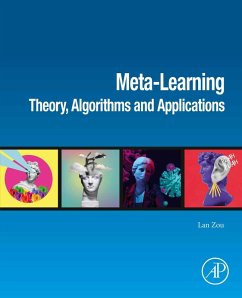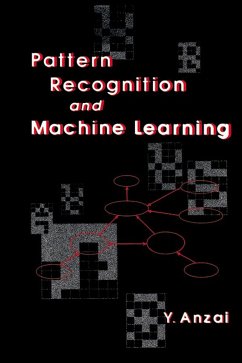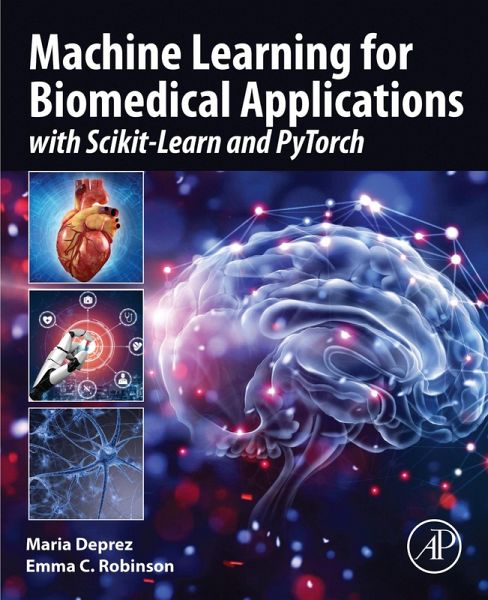
Machine Learning for Biomedical Applications (eBook, ePUB)
With Scikit-Learn and PyTorch
Versandkostenfrei!
Sofort per Download lieferbar
48,95 €
inkl. MwSt.
Weitere Ausgaben:

PAYBACK Punkte
24 °P sammeln!
Machine Learning for Biomedical Applications: With Scikit-Learn and PyTorch presents machine learning techniques most commonly used in a biomedical setting. Avoiding a theoretical perspective, it provides a practical and interactive way of learning where concepts are presented in short descriptions followed by simple examples using biomedical data. Interactive Python notebooks are provided with each chapter to complement the text and aid understanding. Sections cover uses in biomedical applications, practical Python coding skills, mathematical tools that underpin the field, core machine learni...
Machine Learning for Biomedical Applications: With Scikit-Learn and PyTorch presents machine learning techniques most commonly used in a biomedical setting. Avoiding a theoretical perspective, it provides a practical and interactive way of learning where concepts are presented in short descriptions followed by simple examples using biomedical data. Interactive Python notebooks are provided with each chapter to complement the text and aid understanding. Sections cover uses in biomedical applications, practical Python coding skills, mathematical tools that underpin the field, core machine learning methods, deep learning concepts with examples in Keras, and much more. This accessible and interactive introduction to machine learning and data analysis skills is suitable for undergraduates and postgraduates in biomedical engineering, computer science, the biomedical sciences and clinicians. - Gives a basic understanding of the most fundamental concepts within machine learning and their role in biomedical data analysis. - Shows how to apply a range of commonly used machine learning and deep learning techniques to biomedical problems. - Develops practical computational skills needed to implement machine learning and deep learning models for biomedical data sets. - Shows how to design machine learning experiments that address specific problems related to biomedical data
Dieser Download kann aus rechtlichen Gründen nur mit Rechnungsadresse in A, B, BG, CY, CZ, D, DK, EW, E, FIN, F, GR, HR, H, IRL, I, LT, L, LR, M, NL, PL, P, R, S, SLO, SK ausgeliefert werden.




